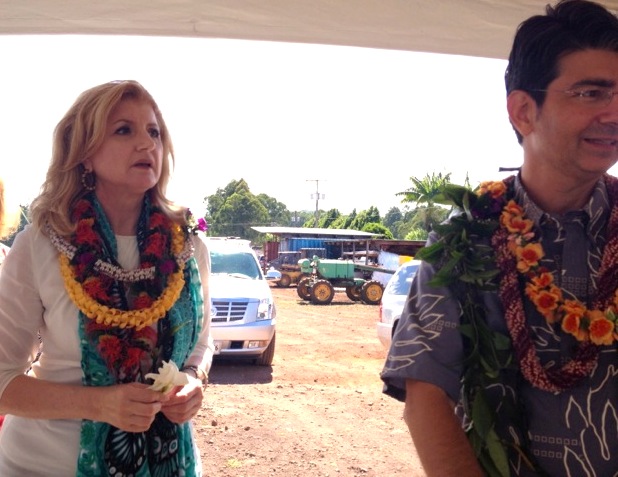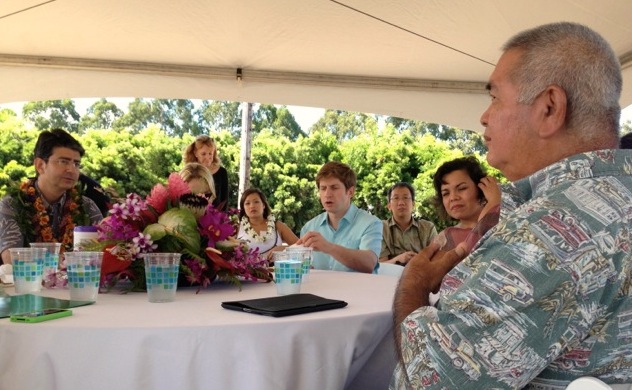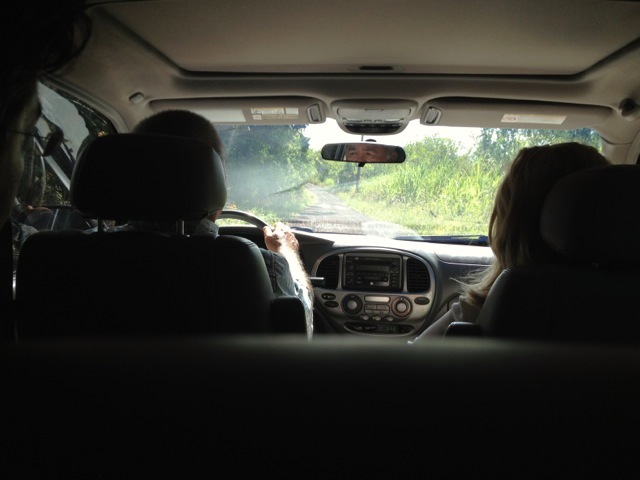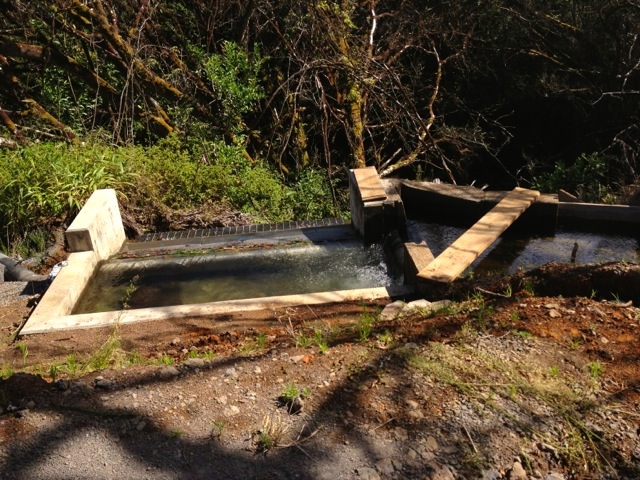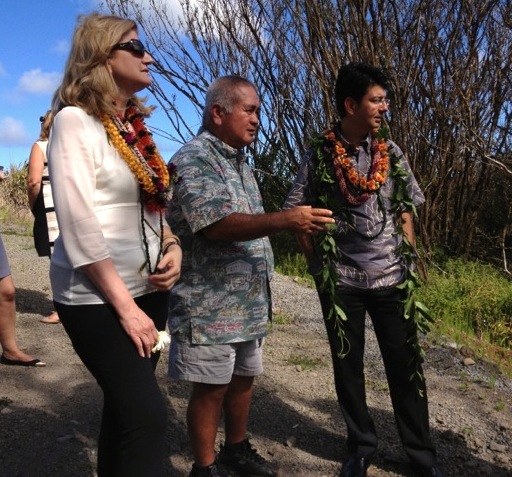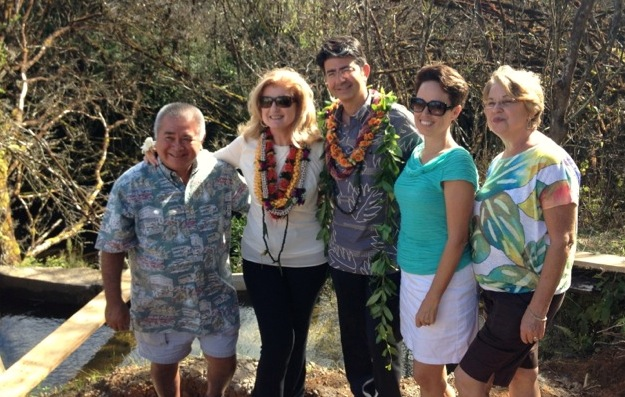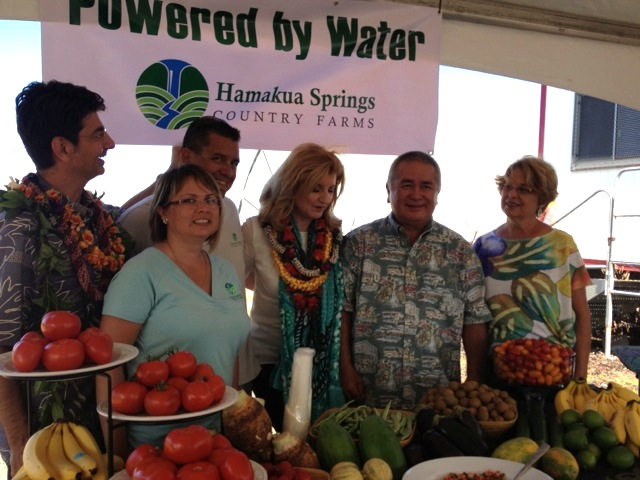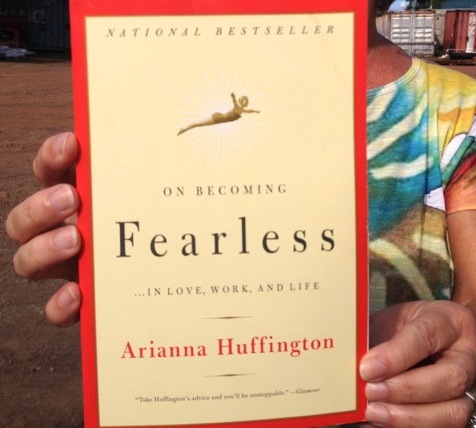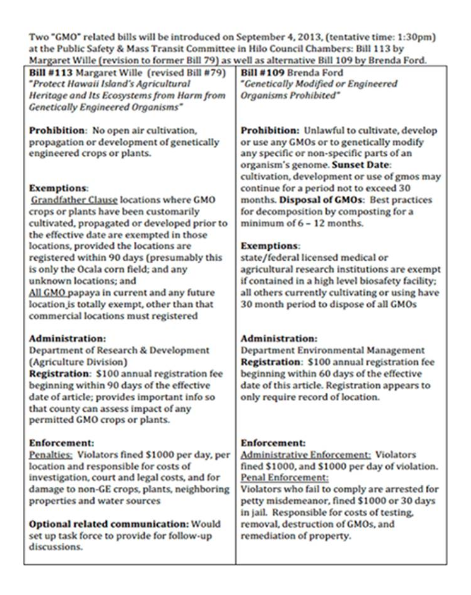Richard Ha writes:
Click and listen to these short radio spots while you’re reading (they will open in a new window). They are succinct and really tell the whole story about what’s going on here on the Big Island right now.
The anti-GMO battle that has been imported into Hawai‘i is largely being fueled with outside money, and the people behind it do not care about any of the collateral damage they could cause – whether it’s to youngsters who are going blind or dying from Vitamin A deficiency in developing countries, rising food costs for the rubbah slippah folks here on the Big Island, or that their actions will cause local Big Island farmers harm in the future.
It is Hawai‘i County Councilmembers Margaret Wille and Brenda Ford that have allowed the radicalization to take place on the Big Island. They propose to pass Bill 113, the “anti-GMO bill,” without thoughtful consideration for unintended consequences.
This is really a huge decision our County Council is trying to make, and one that is based on fear instead of reality and science and looking ahead to the future. We cannot go ahead with this bill. There would just be way too much collateral damage.
Here are a couple of interesting, enlightening articles about the use of GMOs:
Bill Gates does not make excuses for supporting biotechnology in agriculture.
Bill Gates Calls For More Agriculture Research To Fight Hunger
DONNA GORDON BLANKINSHIP 01/24/12
KIRKLAND, Wash. — Bill Gates has a terse response to criticism that the high-tech solutions he advocates for world hunger are too expensive or bad for the environment: Countries can embrace modern seed technology and genetic modification or their citizens will starve.
When he was in high school in the 1960s, people worried there wouldn’t be enough food to feed the world, Gates recalled in his fourth annual letter, which was published online Tuesday. But the “green revolution,” which transformed agriculture with high-yield crop varieties and other innovations, warded off famine.
Gates is among those who believe another, similar revolution is needed now. The Bill & Melinda Gates Foundation has spent about $2 billion in the past five years to fight poverty and hunger in Africa and Asia, and much of that money has gone toward improving agricultural productivity.
Gates doesn’t apologize for his endorsement of modern agriculture or sidestep criticism of genetic modification. He told The Associated Press that he finds it ironic that most people who oppose genetic engineering in plant breeding live in rich nations that he believes are responsible for global climate change that will lead to more starvation and malnutrition for the poor….
And read this Slate article about golden rice and its creator, Ingo Potrykus. He says: “One of the cleverest tricks of the anti-GMO movement is to link GMOs so closely to Monsanto.”
Is Opposition to Golden Rice “Wicked?”
The genetically modified organism could save millions of lives.
By Andy Coghlan
Ingo Potrykus is a co-inventor of golden rice, which is genetically engineered to combat blindness and death in children by supplying 60 percent of the vitamin A they need in a typical daily helping of rice. His project has been opposed from the outset by environmental groups.
Andy Coghlan: Why did you develop golden rice?
Ingo Potrykus: I got involved because I’m concerned about food security. I realized it’s not just about calories, but also about the quality of food. I started working on it in the early 1990s with Peter Beyer. We started on the problem of iron deficiency, but that work didn’t pan out, so we switched to tackling vitamin A deficiency.
By 1999 we had solved the problem. It was a surprise it worked because from the outset it looked totally crazy.
AC: But environmental groups, including Greenpeace, opposed it?
IP: They were against it from the beginning. They said it was fool’s gold because children would need to eat several kilograms of it to get their daily requirement. Children only eat around 300 to 400 grams a day. We worked out that Greenpeace wasn’t right, and that the rice contained enough to meet children’s needs, but we couldn’t prove that because we didn’t then have data from an actual trial.
AC: That didn’t kill off the project, though?
IP: Indeed no. The next big step was in 2005 when a group at biotech company Syngenta replaced one of the genes intended to produce beta carotene. The original gene, which makes an enzyme called phytoene synthase, came from the narcissus flower, and they replaced it with one from maize that is far more efficient. It produced 20 times more beta carotene, the molecule from carrots that combines with a second molecule of itself once inside our bodies to make a molecule of vitamin A. It was a big success….

